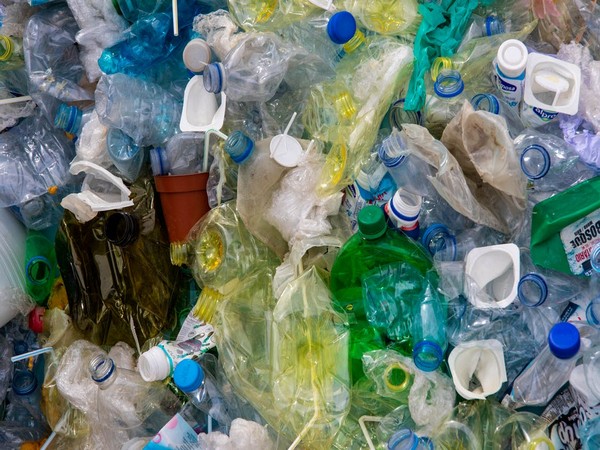DST supported technologies gearing up to beat plastic pollution
Many of these technologies are being used at a pilot scale and scaling them up could bring relief from this ever growing challenge.

- Country:
- India
A slew of technologies supported by the Department of Science and Technology (DST) are gearing us up to beat plastic pollution by tackling the increasing menace through reducing, reusing and recycling plastic, paving the path towards sustainable development.
Many of these technologies are being used at a pilot scale and scaling them up could bring relief from this ever growing challenge. The technology development and transfer division of the department funds technology development projects including materials, devices and processes
Pilot scale mobile plant converts plastic waste into fuel
A pilot scale vehicle-mounted mobile plant has been developed using an indigenously designed process to convert various types of plastic waste into carbon-densified HC-Oil (Hydrocarbon Oil) with maximum carbon recovery. The plant which operates under low stringent conditions in the presence of a selective, recyclable, reusable, robust, non-toxic, inexpensive catalyst brings a low-cost option to convert waste plastic to fuel.
Professor Aniruddha B Pandit, from Institute of Chemical Technology (ICT) Mumbai developed a process called ICT-Poly Urja which uses indigenously prepared patented Cu@TiO2 catalyst for CTL (Catalytic Thermo Liquefaction) of several types of poly-olefinic plastic waste into HC-Oil 300 C in30 min. The process leads to more than 85% feedstock conversion, and high-quality C and H elements enriched HC-Oil with a calorific value of 42 MJ/kg. The fuel can be burned to generate steam and power.
A series of mixed poly olefinic plastic waste samples with varying compositions were examined for CTL and it was discovered that all combinations of plastic wastes can be liquefied using CTL process with more than 80% HC-Oil production.
In comparison to traditional technologies such as pyrolysis and gasification, the CTL process requires significantly less energy due to moderate operating conditions. Besides, the plant can also be mounted on a mobile vehicle and the mobile plant provides several benefits in terms of operation and overall process economics.
The Poly-Urja process developed with support from DST provides a long-term, resilient, convenient, energy-efficient, and environmentally responsible method of transforming plastic waste into electricity. The Pilot scale vehicle mounted plant to convert 100kg/day of plastic waste into hydrocarbon oil is under fabrication and is scheduled to be ready by the end of 2023.
(With Inputs from PIB)
- READ MORE ON:
- plastic pollution
- Institute of Chemical Technology










